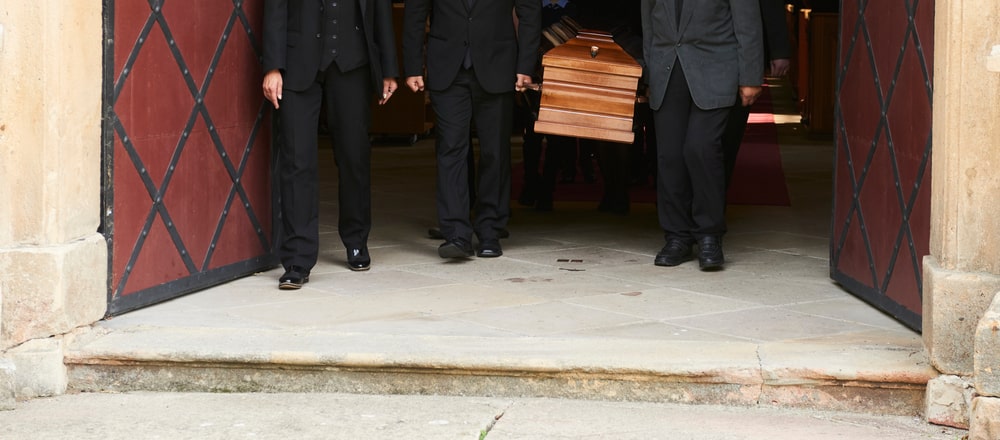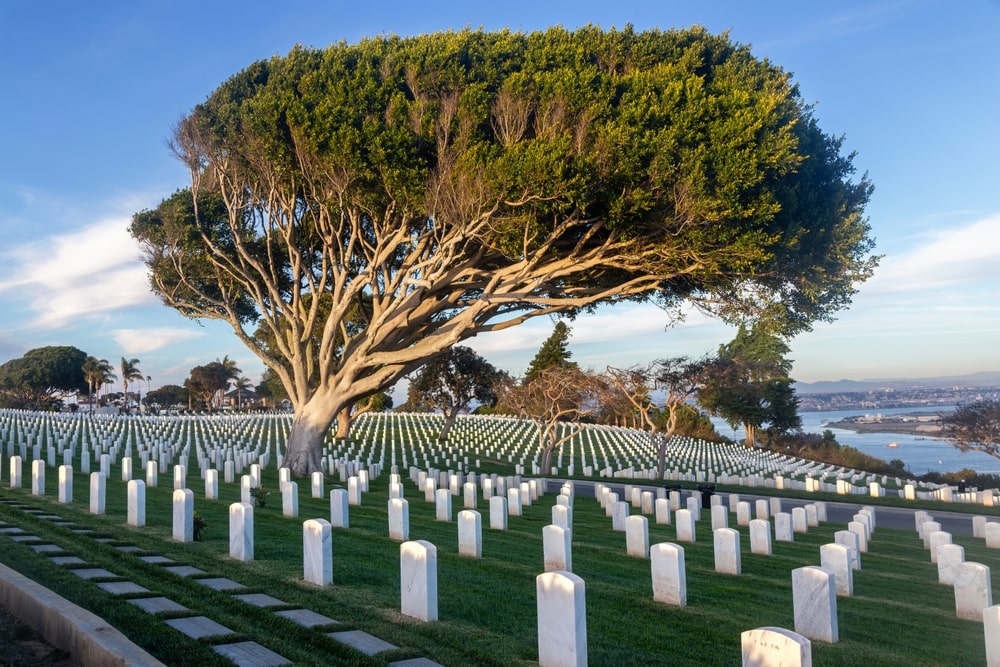When choosing burial, there are many decisions to make, including whom to select as pallbearers. Whether you’re prearranging your funeral wishes or planning a funeral for a recently lost loved one, it’s important to select pallbearers who can fulfill their duties with poise and dependability. Let’s talk through a few things to consider as you select the pallbearers who will accompany the casket to the graveside.
What to Consider When Selecting a Pallbearer
Pallbearers (usually there are six to eight, depending on how many handles the casket possesses) are expected to carry the casket to the burial site. Sometimes this responsibility may include carrying the casket into or out of a church or venue in addition to carrying it to the funeral car or the graveside. Both men and women serve as pallbearers. As you consider whom you’d like to invite to perform this honorable duty, consider the following:
What is their relationship to the family?
In most cases, people close to the deceased are chosen to carry the casket to its final resting place. This includes friends, neighbors, adult children or grandchildren, or business associates or co-workers, to name a few. Because they are close to the person who has died, you can usually trust them to complete their duties as pallbearer with the correct amount of decorum and composure.
Do they have the physical strength required?
While you can select absolutely anyone to serve as a pallbearer, remember that a casket can weigh between 50-500 pounds just by itself. Whomever you choose, make sure they are physically able to carry their portion of the weight. You may also take height into account, especially if the casket will be lifted and carried on shoulders. If there’s someone you’d like to serve but they are unable to lift the casket, you can always ask them to serve as an honorary pallbearer and walk alongside the casket.
Are they dependable?
Though the duties are straightforward and simple, you still want to select pallbearers who are dependable and responsible. The last thing you need when you’re grieving the loss of a loved one is a flaky pallbearer. Acting as a pallbearer is an honor so choose people who will take the responsibility seriously, follow directions, and complete their duties with grace and poise.
Are they able to manage their emotions?
While it’s absolutely necessary and healthy to express feelings and emotion following the loss of a loved one, you’ll want to select pallbearers who can keep it together while performing their duties. A sudden emotional outburst could be disruptive or cause an accident that might make a sad situation even worse. Before or after their duties, all pallbearers should make sure to address their own feelings of grief, but while carrying the casket, they should do everything they can to ensure that they transport the casket safely from place to place.
Do they listen well to instructions?
While a pallbearer’s duties are often straightforward, each funeral may have personalized aspects. For some, the pallbearers carry the casket from the chapel to the funeral car and then to the graveside. For others, they may carry the casket into the venue for the service, then out to the funeral car, and then to the graveside. There may be a designated place for pallbearers to sit, a specific time to arrive, and so on. When you ask someone to serve, make sure they understand what’s expected of them and can follow through.
With these questions in mind, intentionally select the best people for this meaningful role in the funeral service. If you are unable to find pallbearers, the funeral director can help. Also, it’s a good rule of thumb to send each pallbearer a thank you note after the funeral to show your appreciation for their role in conducting your loved one to a place of final rest.







